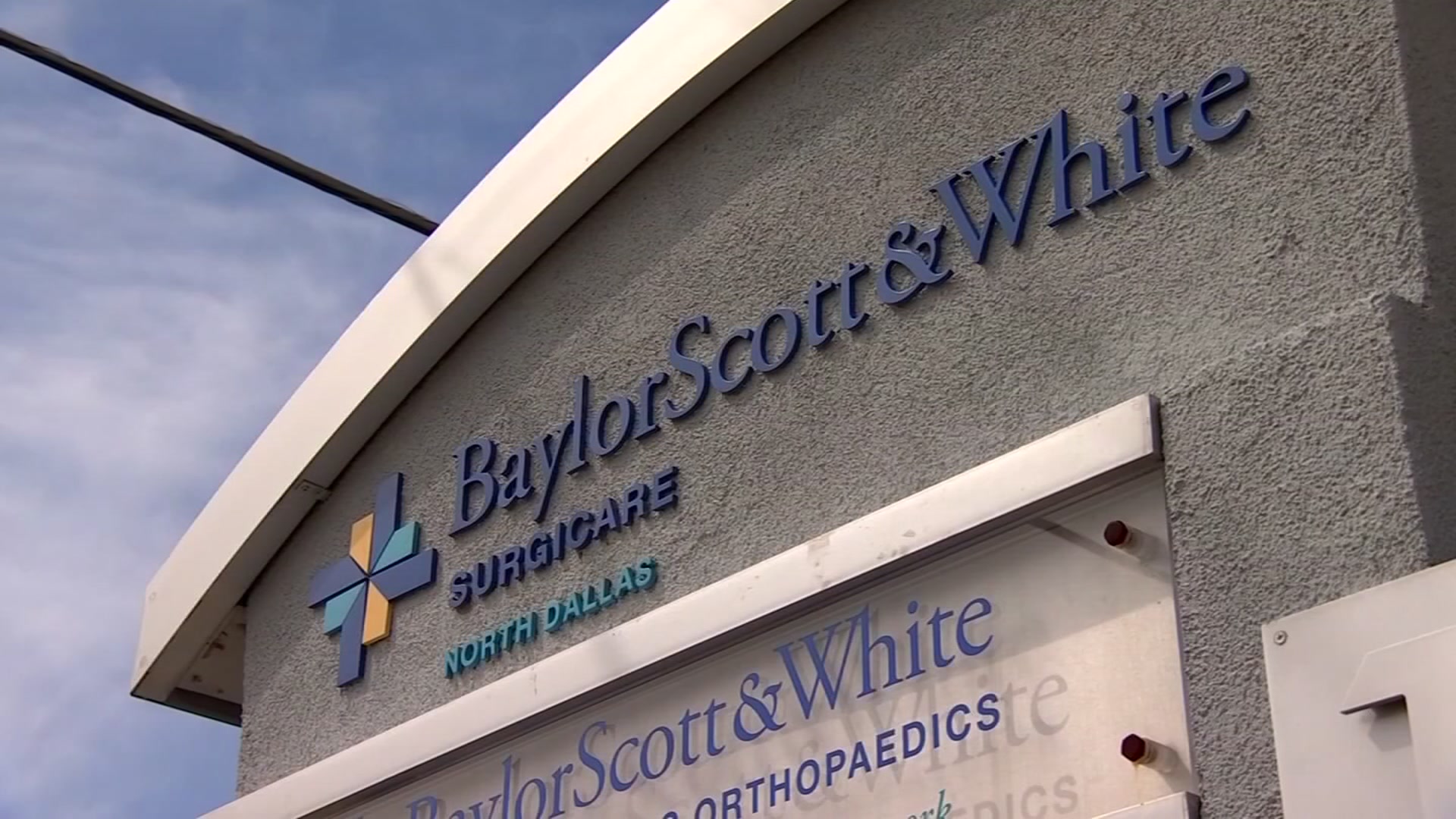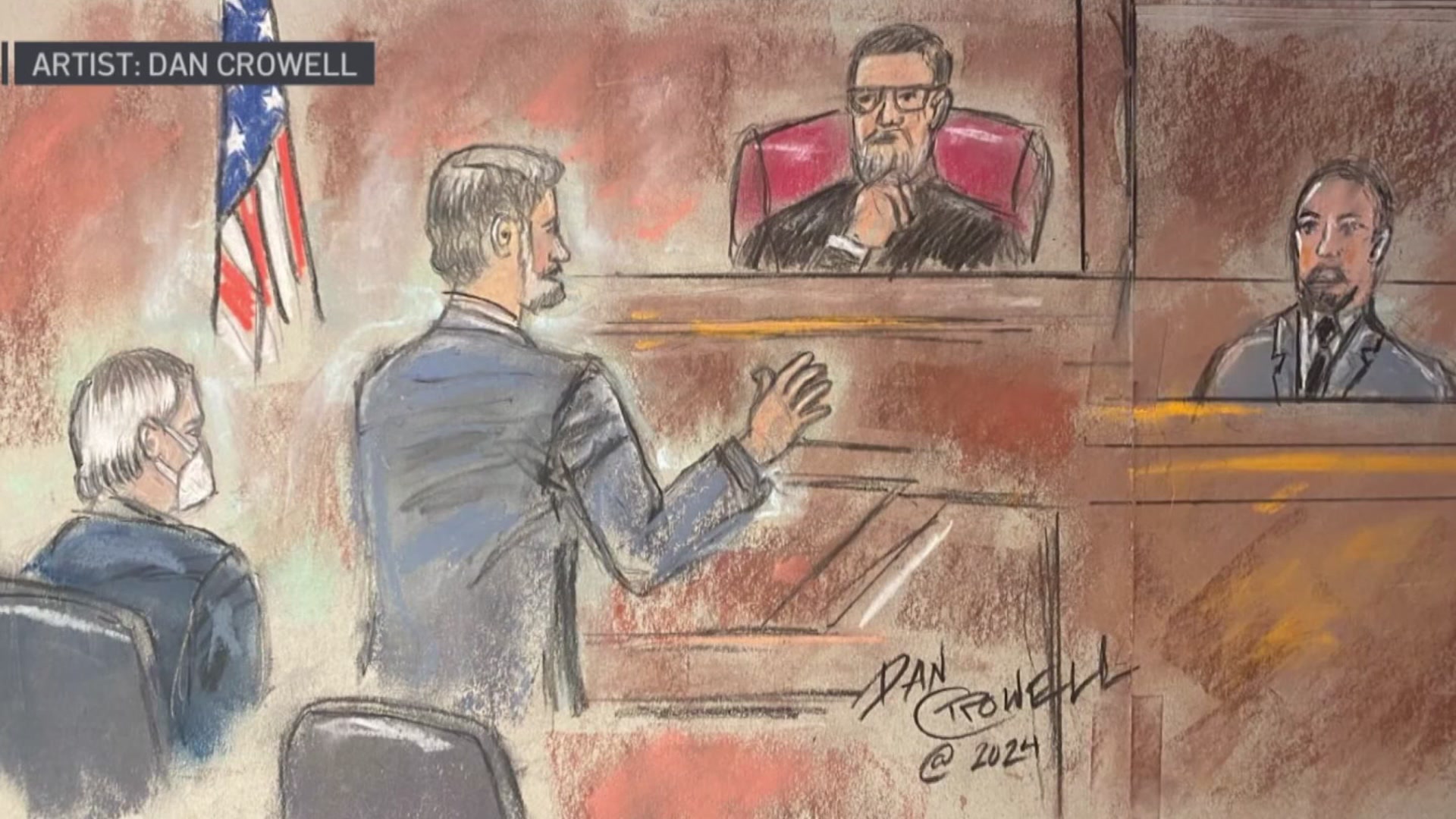Jurors began deliberations Thursday afternoon in the federal trial of a Dallas anesthesiologist accused of poisoning IV bags.
Dr. Raynaldo Ortiz is charged with 10 counts of tampering with a consumer product [IV bags] and the adulteration of drugs [IV bags].
The alleged crimes happened at Baylor Scott & White’s SurgiCare in North Dallas over five days in August 2022. Federal prosecutors accuse the anesthesiologist of injecting heart-stopping drugs into five IV bags and placing them in a warming bin for other medical staff to use on their patients.
Four patients suffered cardiac emergencies during low-risk cosmetic procedures which required them to be rushed to the hospital. Ortiz is suspected in 13 other unexplained emergencies between May and August 2022 but is only charged with tampering causing serious bodily injury to four patients.
Get top local stories in DFW delivered to you every morning. Sign up for NBC DFW's News Headlines newsletter.
Ortiz is implicated, but not charged, in the death of fellow anesthesiologist Dr. Melanic Kaspar in June 2022. Kaspar reportedly took an IV bag home to rehydrate herself and died in front of her husband. Her autopsy found a lethal dose of bupivacaine in her system.
Closing arguments began at approximately 10 a.m. on Thursday. The jury of seven women and five men began deliberations at about 1:45 p.m. and were sent home for the night at about 5 p.m. Deliberations will resume on Friday morning.
Jurors are considering charges 1-5: tampering with a consumer product [IV bags]; including four causing serious bodily injury. Jurors will also consider charges 6-10: adulterating of drugs [IV bags]. Jurors could convict Ortiz of some, none, or all charges.
Chief District Judge David Godbey allowed the government and defense two hours for closing arguments, allowing the government to begin and end. During the government’s closing argument, co-counsel Rachel Baron told jurors Ortiz used his medical knowledge to hurt random victims.
He “created medical bombs and planted them in a warming bin,” said Baron. “He waited for them to go off and they did.”
“Doctor Ortiz knew exactly what he was doing,” she said.
The government is not required to provide jurors a motive but did allege a disgruntled Ortiz sought revenge because of disciplinary investigations by the Texas Medical Board and because he faced serious financial problems.
Ortiz owed millions of dollars to the IRS, which the defense does not argue.
Baron showed jurors video clips presented during the trial of Ortiz taking and placing IV bags in the facility’s warming bin.
In some but not all cases charged, bags retrieved by other medical staff shortly after and used during procedures were followed by medical emergencies.
Jurors learned IV bags are not tracked once inside the facility and are stored together in the warming bin with “older” bags placed toward the front for use.
Ortiz’ defense attorney John Nicholson called out the government blaming the ‘most convenient’ person instead of investigating other medical staff who accessed the warming bin or handled IV bags.
Nicholson said while Ortiz’s demeanor on video may appear suspicious, it does not mean he is guilty of any crime, stressing he was never alone when the bags were allegedly injected.
Nicholson pushed back on the alleged motive given by the government, saying Ortiz was behind on his taxes for years without resorting to criminal conduct.
Ortiz is being blamed for the unusual activity at the surgical center because he is the "convenient person to blame and he’s on video," added Nicholson.
The defense team’s biggest argument is the ‘selective science’ they said the government abused to explain an alleged pattern of emergencies.
He pointed to separate tests on the alleged victims and allegedly tampered with IV bags that in several cases did not detect the same drugs like bupivacaine, epinephrine, ephedrine, and lidocaine, or detected lower levels of drugs than other tests.
The government, he said, conveniently failed to ask laboratories to screen for the same drugs.
Kaspar, he said, was known to take home IV bags from other facilities she worked at and there is no proof the bag in question came from SurgiCare North Dallas.
While he understands and feels ‘sympathy’ for all the patients and Kaspar, Nicholson told jurors they cannot allow sympathy to guide their decisions in the deliberation room.
If convicted of all 10 counts, Ortiz faces life in prison. The judge will determine punishment, not the jury.




